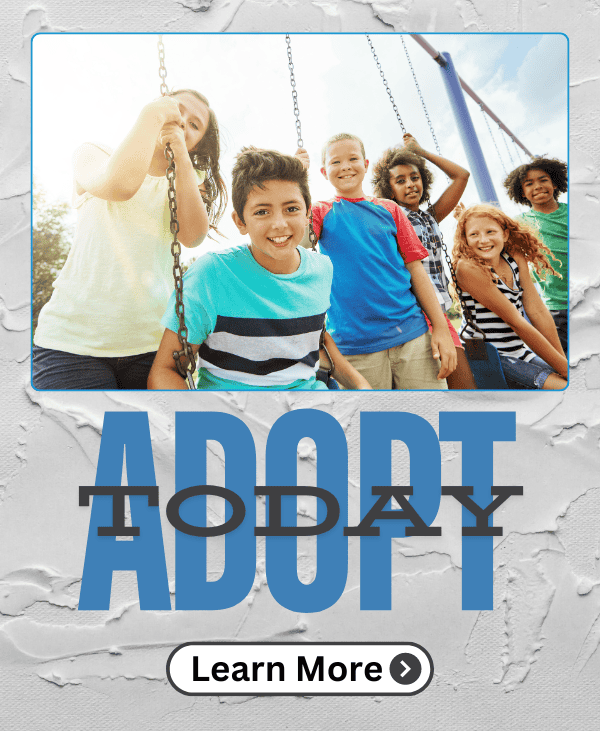Unlocking the Potential of Domestic Foster Care
In the adoption conversation, international adoption often takes center stage, inadvertently overshadowing the urgent needs within the domestic foster care system. As a strong advocate for addressing this crisis, I believe it’s crucial to prioritize solutions for the U.S. foster care system over international options.
In this blog post, I’ll delve into the compelling reasons behind this stance, including the staggering number of children awaiting homes in U.S. foster care, the cost-effectiveness of adopting domestically, and the ethical considerations that guide this approach.
Addressing the Urgent Need:
Right now, over 400,000 children in the United States are in the foster care system, with approximately 120,000 awaiting a permanent home. In contrast, the number of children available for international adoption is significantly lower and varies based on country and adoption policies.
Domestic foster care offers an opportunity to directly address the pressing needs of these children by providing them with loving homes within their own cultural and community context.
Cost-Effective Solutions:
Domestic adoption is often more affordable than international adoption. The costs associated with overseas adoption, such as travel, legal fees, and agency fees, can range from $20,000 to $50,000 or more. In contrast, adopting from U.S. foster care incurs minimal to no cost, with many states offering financial assistance and subsidies to adoptive families.
For military families, additional incentives are available, further emphasizing the cost-effective nature of domestic adoption.
Supporting Families and Communities:
Prioritizing domestic foster care also helps strengthen families and communities in the United States. By investing in resources and support systems that address the underlying issues contributing to family instability, we can prevent children from entering foster care in the first place.
Domestic adoption allows children to stay connected to their cultural heritage and community, reinforcing their support networks.
Ethical Considerations:
International adoption raises complex ethical concerns, including cultural appropriation, exploitation, and separation from birth families. In contrast, domestic foster care adoption ensures children remain connected to their roots, promoting a more ethical and respectful approach.
Advocacy and Awareness:
By emphasizing domestic foster care, we can raise awareness about its challenges and opportunities, mobilizing support for reforms. Advocacy efforts can lead to policy changes, funding allocations, and community initiatives that prioritize the well-being of children in foster care, creating a more equitable and responsive system.
Final Thoughts:
While international adoption offers hope for some, it’s essential to address the needs within the U.S. foster care system. It’s my hope to see every child, worldwide, find a nurturing, loving home. But it’s equally crucial to remember that the foster care system in the United States was designed as a temporary solution.
Let’s work towards a future where every child can grow, laugh, and play in a loving home. For those considering adoption, I encourage you to look locally, and consider adopting a child in need right in your own backyard.
Prioritizing domestic foster care offers a compassionate, cost-effective, and ethical approach to adoption. By focusing on the U.S. foster care system, we can address the urgent needs of children awaiting homes, support families and communities, and advocate for meaningful reforms.
Together, we can create a system that provides every child with the stability, support, and opportunity they deserve, right here at home.
References:



